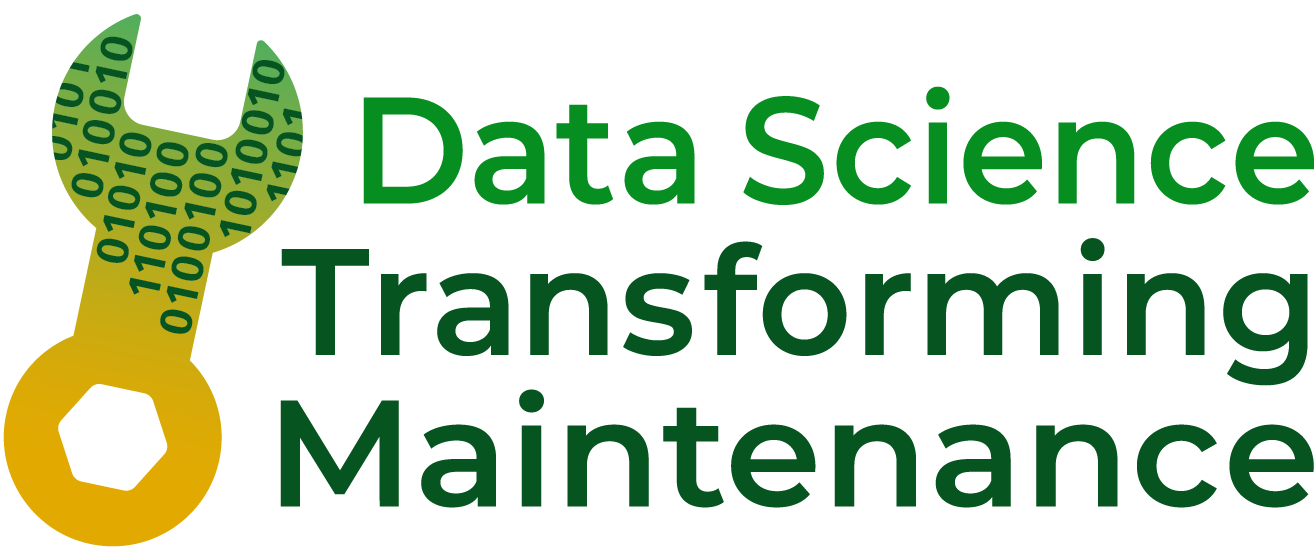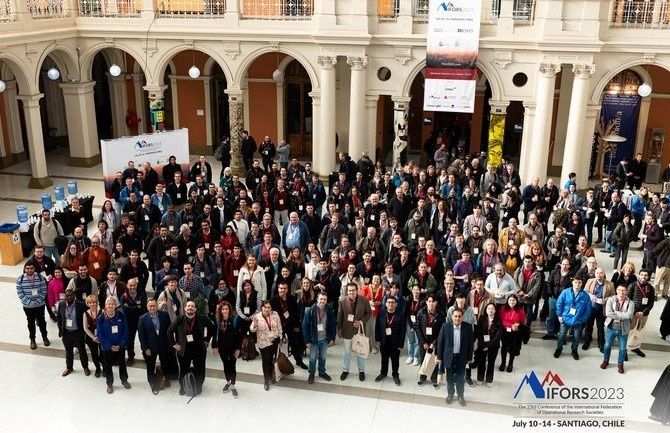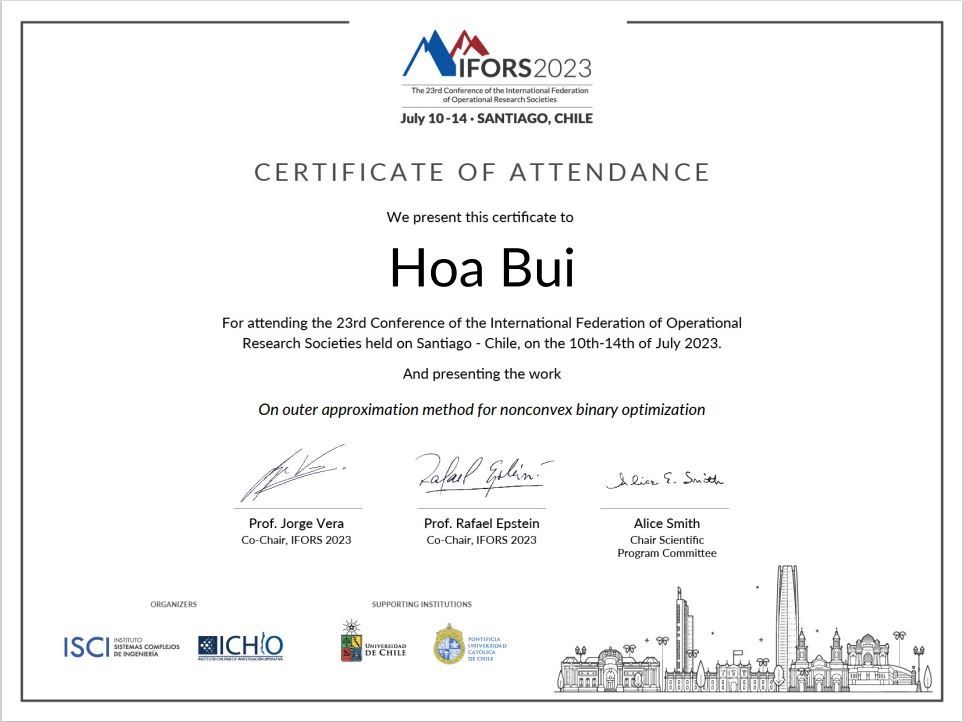July was a quiet month for events as researchers travel to present their research and we introduce new industry partners to our Centre.
TEAM NEWS #
We welcome
- Peter Rose, Peter is the Alcoa Partner Representative for Centre joining our Strategic Risk and Reporting Board (SRRB).
- Johan Breytenbach has joined the SRRB representing Roy Hill. Johan is currently representing Roy Hill on our Operating Committee.
- Ricky Francis has joined the Operating Committee representing Roy Hill.
We farewell
We farewell Aaron Cahill from Roy Hill; Aaron represented Roy Hill on the SRRB. We also farewell Kylie Hollins and Rebecca Lange from Alcoa. Kylie has represented the Centre on all committees since joining the Centre in 2019, and Rebecca Lange represented Alcoa on our PhD Support Panel. We thank Aaron, Kylie and Rebecca for supporting our Centre and wish them all the best in their future endeavours.
Andrew Rohl started his six-month sabbatical in London and will return to Perth and the Centre in January 2024. Aloke Phatak is doubling as our Director and Associate Director while Andrew is away.
Travel #
Tim Pesch travelled to Spain to work with his international supervisor Professor Erhard Cramer from RWTH Aachen University. Tim presented his research in Murcia, Spain, at the MMR2023, an international conference on mathematical methods in reliability with a focus on statistically ordered data. His presentation entitled Estimation with Extended Sequential Order Statistics' received a lot of interest and was followed by an engaged discussion with the audience. Tim met many leading researchers in this field and had a very intensive but exciting couple of days.
Sandy Spiers and Hoa Buitravelled to Chile to present their research in Santiago at The 23rd Conference of the International Federation of Operational Research (OR) Societies IFORS 2023.
The conference included fascinating talks from leading OR researchers on cutting-edge methodologies and new applications.
Sandy delivered a presentation entitled An exact cutting plane method for the Euclidean Max-Sum Diversity Problem to an academic audience. Sandy's method was evaluated on several standard benchmark test sets, where it was shown to outperform other exact solution methods for EMSDP and can solve two-coordinate problems of up to eighty-five thousand variables.
Hoa presented her research at the Discrete Optimization Session. Her talk on 'Outer approximation method for nonconvex binary optimization' provided a new approach that outperforms the traditional methods and can handle some instances of up to a thousand variables.
Researcher Catch-up Series for July 2023 #
July presentation were hosted by Dr Sirui Li #
Braden Thorne presented - Dynamical System Approaches to Online Fault Detection
The online change point detection field, also known as concept drift detection, has historically been dominated by statistical-based approaches. While these approaches make sense if we assume that changes affect how our data is distributed, often, this assumption is hard to verify.
More recently, there has been a push for approaches rooted in dynamical system analysis, which seek to characterize the underlying system rather than simply the observation to detect a change.
Braden provided an overview of the dynamical system approaches to concept drift detection, detailing several methods in this scope. He concluded by looking at some applications of these methods and how they may be of interest in the context of online fault detection.
Professor Melinda Hodkiewicz presented - Industrial data and the resurrection of ontologies
Industry is transitioning from document-based manual work processes to more automated work processes supported by computers. To achieve this, machines and humans need a common digital language (grammar and vocabulary) that both machines and humans can understand. People have been working with ontologies to achieve this goal for decades, with few examples of success.
The arrival of large language models has ignited interest in what is possible with enterprise industrial data and paradoxically resurrected interest in ontologies. Ontologies assist in developing common digital vocabularies within and across organisations that are required to share information (e.g. master data, asset design, product manufacturing, and maintenance) and can be used to reason that the correct answer to Chabot queries has been provided.
Melinda described IDO, the Industrial Data Ontology. In June 2023, IDO was approved by 14 countries participating in the ISO (International Standards Organisation) TC184 SC4 Industrial Data Committee as a new work item for standardisation. Developing IDO has been a 15-year journey, driven mainly by the Norwegian industry. IDO provides grammar and enables the development of common digital vocabularies. It supports artificial intelligence based on logic, which is important for the quality assurance of large complex data sets and automatic verification and validation.
Stay tuned for our next issue where we will cover:
- Research presentations by Tim Pesch and Shuixiu Lu
- New publications for 2023
- Research updates


